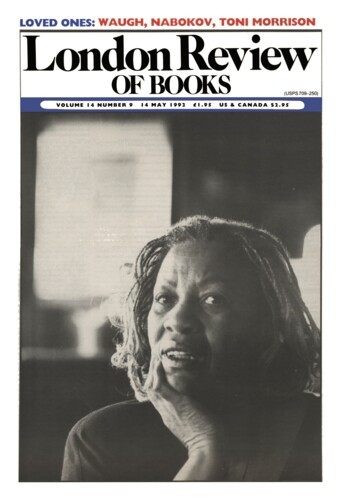Social work – what went wrong?
Bill Utting, 14 May 1992
The Eighties are commonly seen as a decade of disaster for social work. They began, in the aftermath of strikes in a number of local authorities, with a committee of inquiry into the role and tasks of social workers. There followed a litany of the names of dead children which burned themselves into the public’s memory and the professional conscience: Jasmine Beckford, Kimberley Carlile, Tyra Henry. Criticism of the practice of individuals was succeeded by condemnation of whole departments, in Cleveland and Rochdale, for their management of allegations of widespread sexual abuse. Social workers were also accused of ideological rigidity in their approach to ‘same race’ fostering and to intercountry adoption. The decade drew to a dismal end with the exposure in Staffordshire of methods of control in children’s homes that were themselves abusive, and the imposition of a life sentence on a child-care manager for persistent sexual abuse of children in the care of Leicestershire County Council. Critical comment may properly be made in these cases – and in others – about the role and functioning of social workers, their education and training, their competence and the values they express in their work. But wider, graver and sometimes sinister factors were also in operation.’

